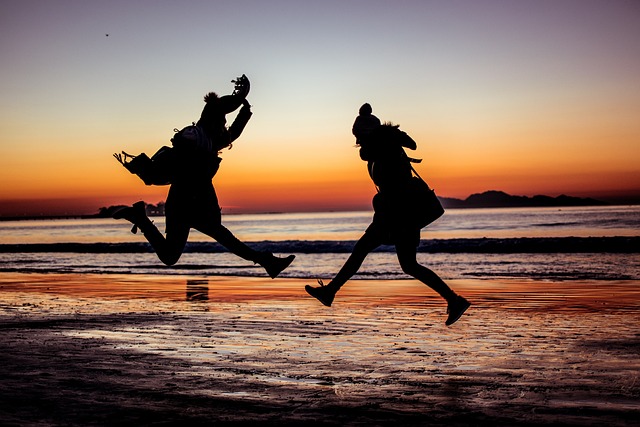What is one kind of pain relief that’s natural and free and has no side-effects? Sleep!
By Chiropractor Dr. Annika Jende
One of the fabulous things about going to conferences is that you pick up little nuggets of clinical wisdom here and there. Research catches up with common sense and traditional wisdom eventually. So here’s a little bit of research we learnt about at the Brisbane conference in March.
So what is the natural and free pain relief everyone has access to? Sleep!
There was a study conducted where volunteers were sleep deprived. They were then tested to see how sensitive to pain they were – about 10% more sensitive than they were before the sleep deprivation.
They then were allowed to sleep and re-tested – and they were 15% less pain sensitive than before they were sleep deprived. In fact, the effect of recovery sleep on pain was greater than level 1 analgesics (such as paracetamol)!
The implications are obvious, but I have been known to state the obvious in the past, so here goes:
Most of us need 8 – 9 hours of sleep per day.
Let me say that again: Most of us need 8 – 9 hours of sleep per day.
If you don’t get that much, you will be more sensitive to pain (as well as grumpy and unfocused). And often pain disrupts sleep, so you can potentially end up in a vicious cycle of pain and sleep deprivation.
The wonderful, amazing hormone and antioxidant melatonin goes to work at night. As an antioxidant it repairs our brain tissue. This is kind of important!! As a hormone it regulates our day and night cycles.
It is released from the pineal gland, which is this tiny little gland right in the middle of our brains behind our eyes that reacts to light. So if there is light around, melatonin secretion is suppressed; if it’s dark, melatonin starts secreting and makes you sleepy.
This is a crucial point: it needs to be dark for melatonin to do its best work. REALLY dark.
That means that you should not be able to make out the fixtures in the room you sleep in at night. If you do, get block-out curtains, and remove any bright shining dots attached to devices from your bedroom.
Have you ever noticed you felt sleepy much earlier when you didn’t watch TV before bed? If you are using screens at night, or if you have LED lights illuminating your house, you are exposed to the blue part of the light spectrum, which is stimulating – and possibly the reason why people don’t think they need 8 hours of sleep at night. So switch off any screens at least 30 minutes before bed (try reading or doing craft or playing a board game or – oh my, this is revolutionary! – just talking to the people you spend your evenings with), and if possible use candles or a fire to light up the room you are in at night, as fire has lots of red light in it which has as soothing effect on the brain.
Sleep truly is the master healer and will allow you to be at your best. Enjoy it!
Check out these articles on sleep
https://spectrumchiropractic.com.au/how-to-get-a-good-nights-sleep/
https://spectrumchiropractic.com.au/the-123-of-a-good-nights-sleep/
Here are some tips on how to choose a mattress https://spectrumchiropractic.com.au/mattresses/

